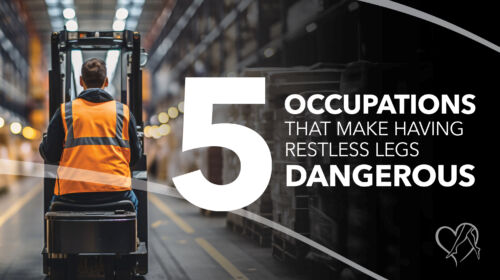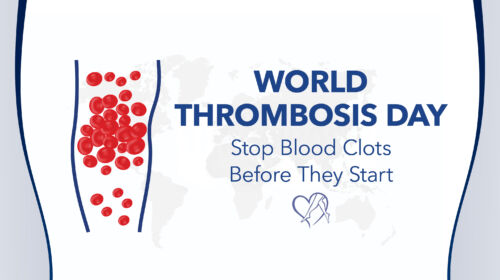
World Thrombosis Day: Stop Blood Clots Before They Start
Learn why World Thrombosis Day on October 13 is vital for raising awareness about blood clots, DVT, and pulmonary embolism. Discover key risk factors, symptoms, and prevention tips, and see why consulting a board-certified vein specialist at Center for Vein Restoration, the nation’s leader in vein and blood clot care, is essential for protecting your health and reducing your thrombosis risk.

Vein Health and Menopause: What You Need to Know
Menopause brings more than hot flashes — it can also trigger varicose veins, spider veins, leg pain, and swelling. This blog explains how hormonal changes affect vein health, why menopausal women are at higher risk for venous insufficiency, and which lifestyle tips and minimally invasive treatments can help. Learn how board-certified vein specialists at Center for Vein Restoration (CVR) use advanced outpatient treatment options to restore healthy circulation and confidence.

My Legs Are Tingling. Is it Paresthesia or Problem Veins?
Tingling legs can be more than just “pins and needles”—they may signal nerve-related paresthesia or vein problems like varicose veins, spider veins, or chronic venous insufficiency. This blog explains how to tell the difference, when to see a vein doctor, and what treatments a vein specialist may recommend. Learn how Center for Vein Restoration, America’s largest physician-led vein center, provides expert care to relieve leg tingling and restore healthy circulation.
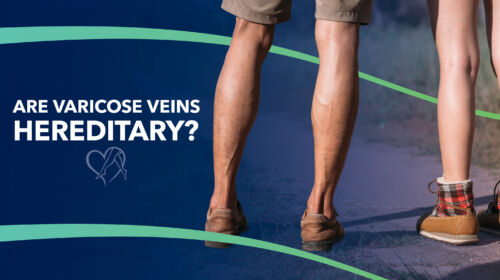
Are Varicose Veins Hereditary?
Translate this into Latin spanish: Are varicose veins hereditary? If your parents or grandparents had varicose or spider veins, you might be at risk—but you’re not doomed. This blog explores the genetic link behind varicose veins, what causes them beyond family history, and the signs you shouldn’t ignore. Learn how to prevent varicose veins, when to see a vein doctor, and why choosing the right vein center matters. Discover the latest minimally invasive treatments offered at Center for Vein Restoration, the nation’s largest physician-led vein center.

Is There a Connection Between Heart Problems and Varicose Veins?
This blog examines the common risk factors between vein disease and heart conditions, providing insight into how your vein health may reflect your overall cardiovascular wellness. Learn what signs to watch for and how expert vein care at Center for Vein Restoration can help protect your legs—and your heart.

Why Do My Legs Hurt When I Lie Down?
If your legs throb, cramp, or ache the moment you lie down, it could be more than just tired muscles—it might be a sign of vein disease. This blog examines the most common causes of nighttime leg pain, including varicose veins and venous insufficiency, restless leg syndrome, and other conditions, with guidance on when to seek medical help. Learn how Center for Vein Restoration’s expert care and minimally invasive treatments can help you sleep and feel better.

Leg Pain After Work? It Might Be More Than Just Fatigue
Persistent leg pain, heaviness, or swelling after work could be more than fatigue—it might be venous insufficiency, a common but treatable vein condition. In this blog, Dr. Luis Barajas of Center for Vein Restoration in Greenwood, Indiana, explains the warning signs of vein disease and how minimally invasive vein treatments can relieve leg pain and improve circulation. Learn when to see a vein specialist and how early intervention can protect your long-term leg health.

Leg Pain After Drinking Alcohol: Is it Vein Disease?
Experiencing leg pain, heaviness, or swelling after drinking alcohol? This blog explores the surprising connection between alcohol and vein health, including how varicose veins, chronic venous insufficiency, and even blood clots may be to blame. Learn when to seek help and how a vein specialist at Center for Vein Restoration can diagnose and treat the root cause of your discomfort.
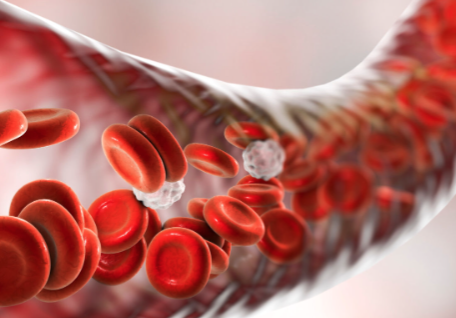 About Vein Disease
About Vein Disease
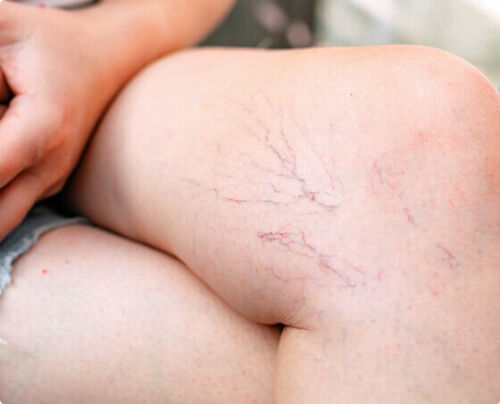 Spider Veins
Spider Veins
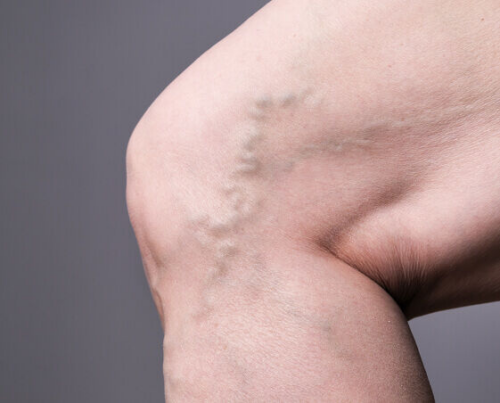 Varicose Veins
Varicose Veins
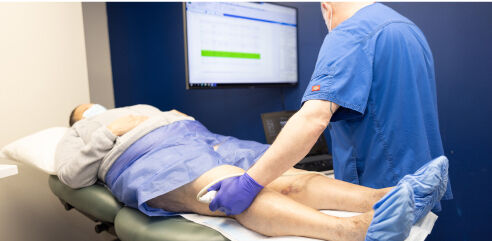 Vein Disease Treatments
Vein Disease Treatments
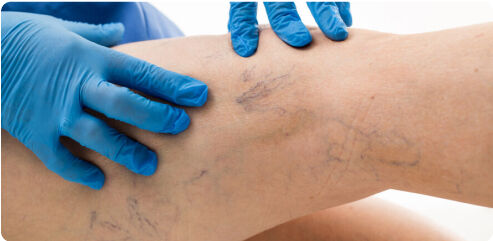 Treating Spider Veins
Treating Spider Veins
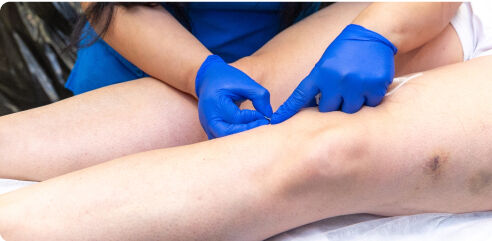 Treating Varicose Veins
Treating Varicose Veins
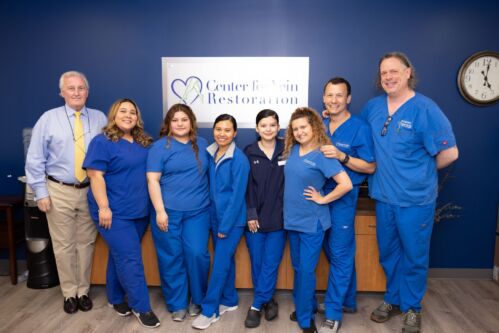 About Us
About Us
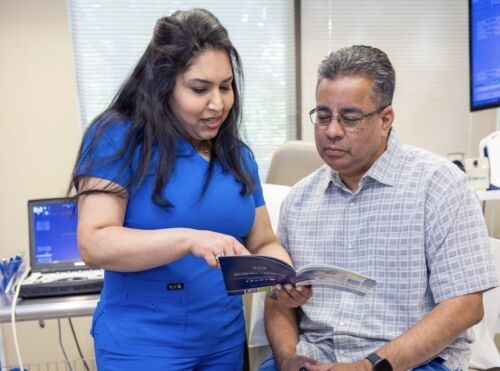 Patient Resources
Patient Resources
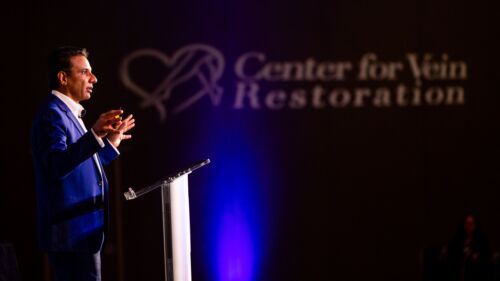 Physician Resources
Physician Resources

